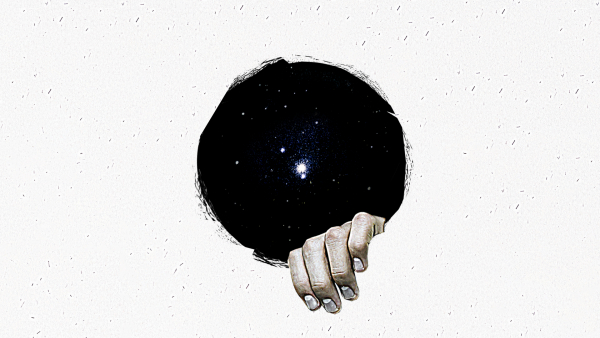National Theatre Of Greece Presents Euripides' Bacchae
EVENT INFO
- When: 02 Aug 2024 - 03 Aug 2024
- Time: 21:00 - 23:00
- Where: Ancient Theatre of Epidaurus
- Price: From 5€
- Title: National Theatre Of Greece Presents Euripides' Bacchae
- Email: dfeggara@n-t.gr
- Contact Number: 2105288100
- Website: www.n-t.gr/

On Friday 2 and Saturday 3 August, the National Theatre of Greece presents Euripides’ The Bacchae, with Greek and English surtitles, at the Ancient Theatre of Epidaurus.
Directed by Thanos Papakonstantinou as part of the Athens Epidaurus Festival, this tragedy of mysticism and ecstasy – but also of barbarity – is an enthralling artistic experience orchestrated by the god of theatre himself, Dionysus.

About The Bacchae
When the god Dionysus arrives in Thebes, King Pentheus refuses to acknowledge his first cousin as a divinity and forbids his subjects to worship him. This excites the wrath of Dionysus, who, in a tragic reversal of persecutor and persecuted, leads Pentheus to destruction at the hands of his own mother.
Euripides wrote The Bacchae – a tragedy of Greeks, rulers and people, according to the great Polish theatre critic and theoretician Jan Kott – in the third decade of the Peloponnesian War, when History was now out of control. The great tragic poet composed it during his last year in Macedonia, where he had come into contact with the cult of Dionysus.

Not for the first time bringing his fellow-citizens face-to-face with behaviour that he had condemned throughout his life, Euripides constructed a tragedy – one of the few with Dionysus as a main character – about the god’s conflict with mortals, human virtue and savagery, caution and fallacy, and the rational and the irrational. For Euripides, when man is overcome by his bestial instincts, when barbarity awakens furiously within him, all social co-existence is negated, even when it is that cornerstone of society, the relationship of mother and child.
It is violence that means the end of the city-state of Athens. And as the tragedy grapples with the essence of human identity, political or individual (with the end of the latter), The Bacchae becomes – in many respects – a drama about the death of ancient tragedy itself.
Directed by Thanos Papakonstantinou as part of the Athens Epidaurus Festival, this tragedy of mysticism and ecstasy – but also of barbarity – is an enthralling artistic experience orchestrated by the god of theatre himself, Dionysus.

About The Bacchae
When the god Dionysus arrives in Thebes, King Pentheus refuses to acknowledge his first cousin as a divinity and forbids his subjects to worship him. This excites the wrath of Dionysus, who, in a tragic reversal of persecutor and persecuted, leads Pentheus to destruction at the hands of his own mother.
Euripides wrote The Bacchae – a tragedy of Greeks, rulers and people, according to the great Polish theatre critic and theoretician Jan Kott – in the third decade of the Peloponnesian War, when History was now out of control. The great tragic poet composed it during his last year in Macedonia, where he had come into contact with the cult of Dionysus.

Not for the first time bringing his fellow-citizens face-to-face with behaviour that he had condemned throughout his life, Euripides constructed a tragedy – one of the few with Dionysus as a main character – about the god’s conflict with mortals, human virtue and savagery, caution and fallacy, and the rational and the irrational. For Euripides, when man is overcome by his bestial instincts, when barbarity awakens furiously within him, all social co-existence is negated, even when it is that cornerstone of society, the relationship of mother and child.
It is violence that means the end of the city-state of Athens. And as the tragedy grapples with the essence of human identity, political or individual (with the end of the latter), The Bacchae becomes – in many respects – a drama about the death of ancient tragedy itself.
